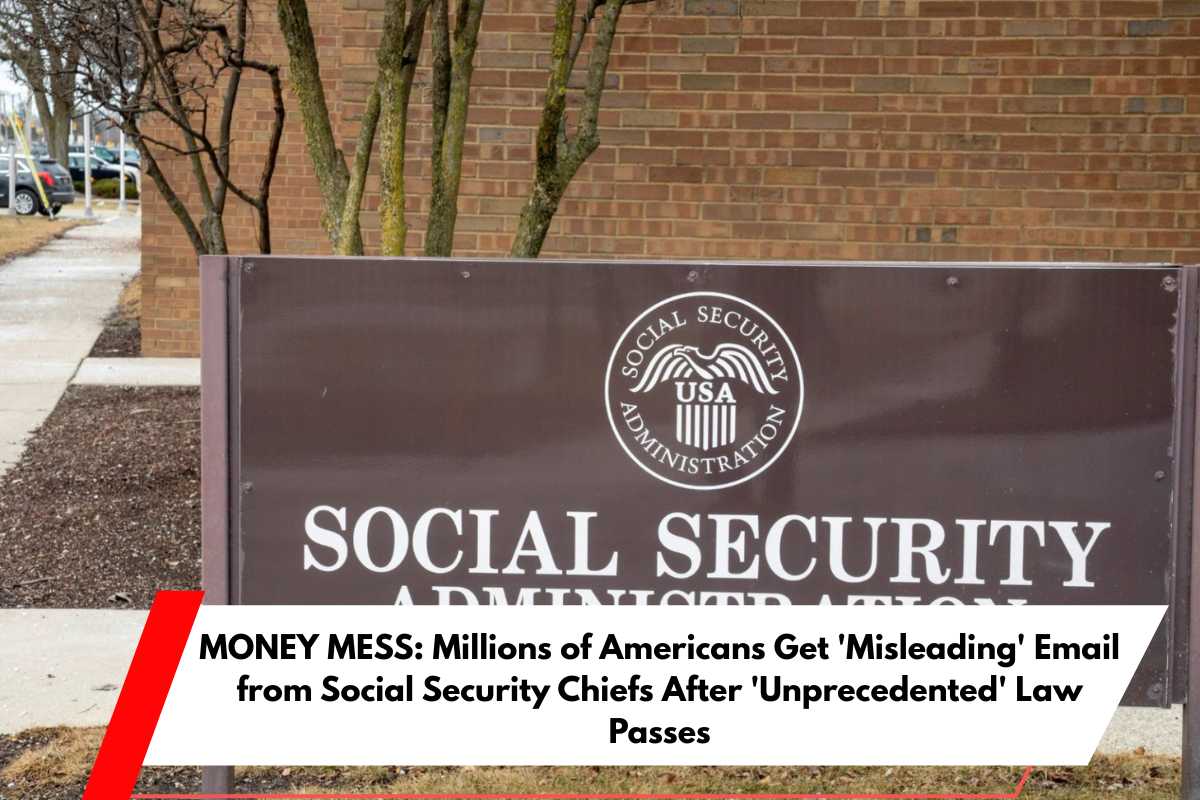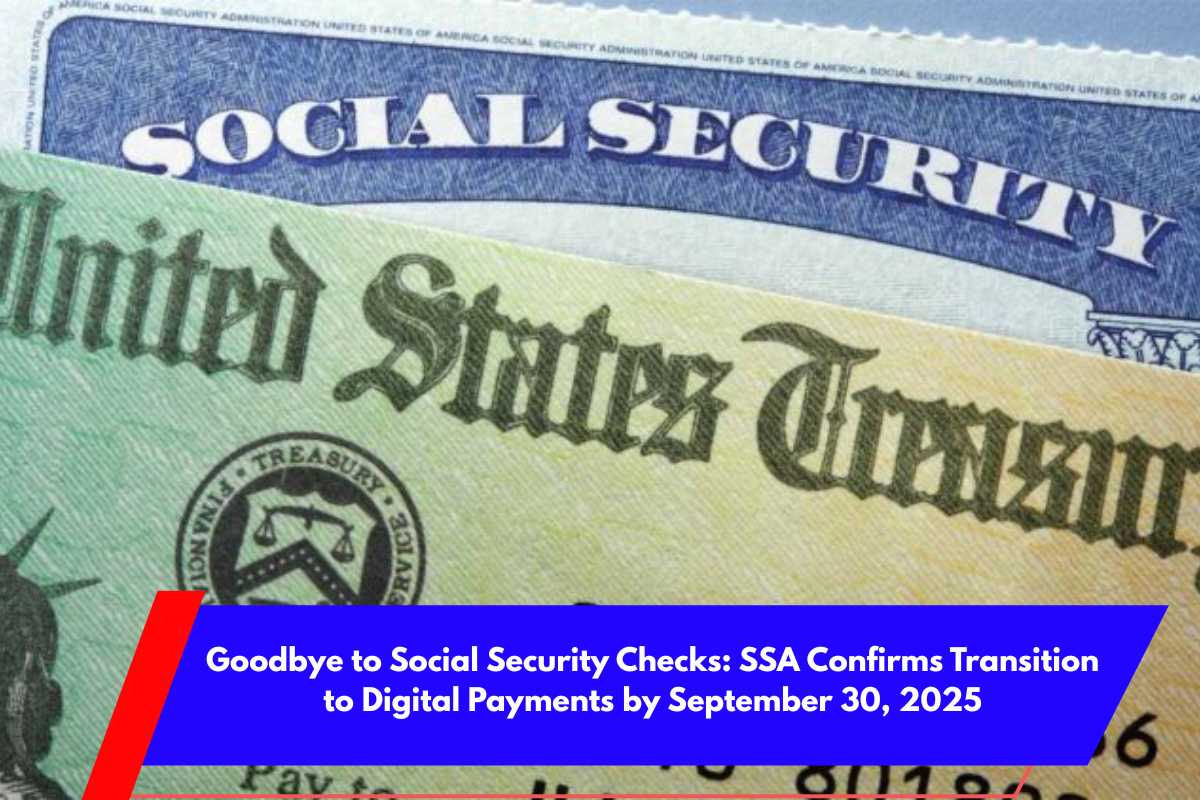A recent email sent by the Social Security Administration (SSA) has raised alarms for its misleading content, especially in the wake of the passage of the One Big Beautiful Bill, a landmark law signed by President Donald Trump on July 4.
The email, which went out to beneficiaries and other Americans, has sparked confusion and concern as it inaccurately described the impact of the law on Social Security taxes.
What’s in the Email?
The SSA’s email claimed that the One Big Beautiful Bill would eliminate federal income taxes on Social Security benefits for “most beneficiaries.” It further stated that nearly 90% of Social Security recipients would no longer pay federal taxes on their benefits.
This message was based on a provision within the bill that was supposed to fulfill Trump’s long-standing promise to eliminate taxes on Social Security benefits. However, this provision was ultimately removed before the bill was signed into law because it violated Senate rules.
Despite this, the SSA’s email celebrated the passage of the bill, calling it “a landmark piece of legislation that delivers long-awaited tax relief to millions of older Americans.” This message was criticized for being politically charged, with some experts arguing that it violated federal rules against partisan political activity.
SSA’s Messaging Criticized
Alex Lawson, executive director of Social Security Works, called the SSA’s message “completely unprecedented” and a “breach of trust.” He also argued that the announcement violated the Hatch Act, which prohibits federal employees from engaging in partisan political activities.
The SSA’s email seemed to position the bill as a massive win for retirees, but many Americans were left confused and disappointed when they learned the tax relief was not as advertised.
The Reality of the Tax Changes
While Trump’s administration promised to eliminate taxes on Social Security benefits, the reality is that the One Big Beautiful Bill provides a much more modest tax break.
Instead of fully eliminating Social Security taxes, the bill introduces a $6,000 federal income tax deduction for individuals aged 65 and older with an income under $75,000, and a $12,000 deduction for married couples earning less than $150,000. These deductions phase out for individuals making $175,000 or more and couples earning $250,000 or more.
Although the provision will increase the number of seniors who do not pay taxes on their Social Security benefits—from 64% to 88%—many lower-income earners will see little to no benefit.
According to Garrett Watson, a senior policy analyst at the Tax Foundation, seniors in the bottom 20% income bracket will save only 0.1% on their tax bill on average. He noted that the tax relief primarily benefits middle and upper-middle-income households.
Who Will Benefit and Who Won’t?
Who benefits: The greatest financial leverage will go to middle and upper-middle-income Americans who pay taxes on their Social Security benefits. These individuals are more likely to see a significant reduction in their tax burden.
Who doesn’t benefit: Lower-income seniors who either don’t pay taxes on their benefits or already earn too little to qualify for the tax break will see little relief. Additionally, seniors younger than 65 or those who earn above the income thresholds ($75,000 for individuals and $150,000 for couples) will not benefit from the changes.
Additional Financial Impact
Apart from the tax changes, the new law could have broader financial implications for taxpayers. A payment error linked to SNAP (Supplemental Nutrition Assistance Program) benefits could cost tens of millions of dollars, further complicating the financial impact of the legislation.
The bill also proposes a one-time $1,000 bonus for qualifying families, though many Americans may have unknowingly qualified for this additional benefit.












